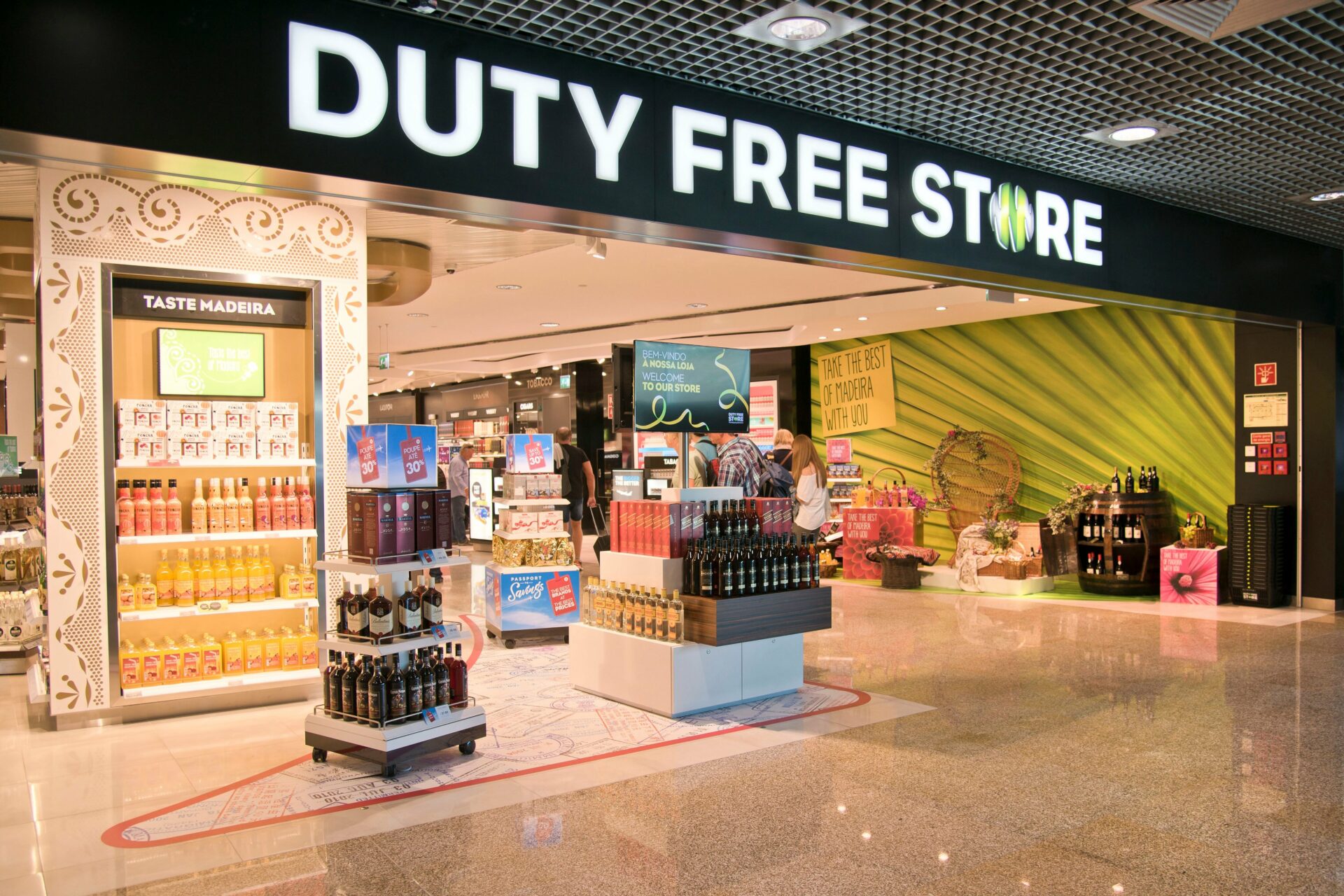Cutting time in Duty-Free shops is one of the most popular ways to get closer to your flight departure time. While there are savings to be made by not paying taxes or duties on certain goods, there are some points that can cost passengers time and money. They were listed by Insubuy director and frequent air traveler Narendra Khatri in an interview with Stuff NZ.
So, what mistakes can cost a tourist money?
The cost of some goods for Duty-Free can be even more expensive than in stores outside the airport, so it is essential not to make a mistake with the purchase and not to overpay. It is useful to know which goods are usually cheaper in duty-free, and which will cost you more. First, alcohol and cigarettes are usually always cheaper and are the main items that travelers stock up on when passing through the airport. Second, things like food, medicine, and electronics often cost more. Airports often inflate these prices to make the most of their audience, who have no alternative options once they are in the terminal. “Try to avoid buying snacks, over-the-counter medicines, and travel accessories like headphones and neck pillows at the duty-free shop if you can,” advises Narendra Khatri.
Another item that passengers should not buy unnecessarily at the airport due to high prices is water, which can be very expensive in duty-free shops. For example, former flight attendant Arina Blum told Yahoo News how passengers can get free water at airports. You can’t carry liquids through security, but no one says you can’t take an empty bottle. Most airports have many water fountains, and many have a special pump for quickly filling bottles. Also, to keep your bottle full during the flight, simply ask the flight attendant to refill it. If you’re lucky, they might even put ice in it,” she said.
In addition to overpaying for things, passengers can be delayed Duty-Free. Therefore, they should know exactly what to expect when visiting an airport store. Experts also advise passengers to estimate the prices of the products they are interested in advance, as comparing the prices of products can take up valuable time when there is limited time in the store.
Travelers should also have their passport and boarding pass with them at all times, as they may be requested by duty-free shop staff. This is done so that airport staff knows where passengers are going. For example, in some countries, a tourist may be required to return VAT on purchases. “Duty-free shops can sell goods for which excise duties, customs duties or VAT are suspended, usually alcohol and tobacco. Sales in duty-free shops are strictly controlled, and the UK’s HMRC requires these outlets to know where a passenger is going before making a sale,” the agency’s website says.

